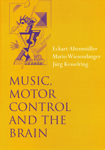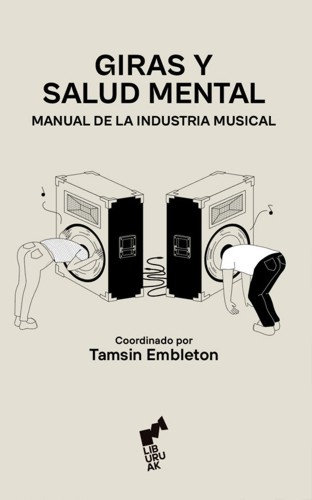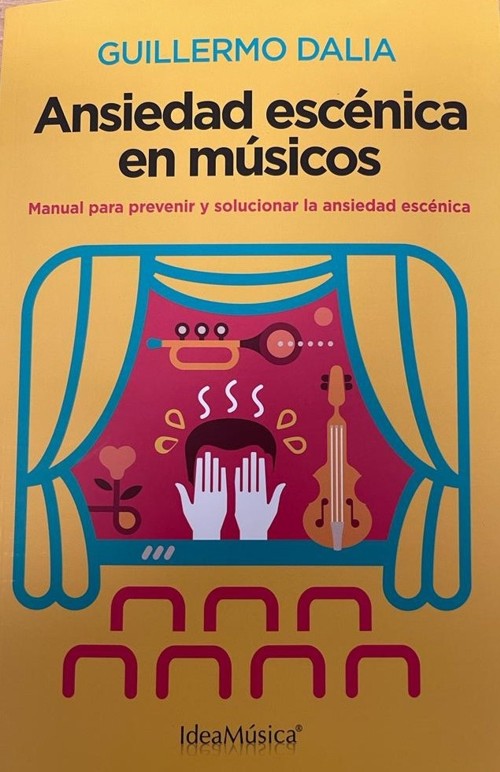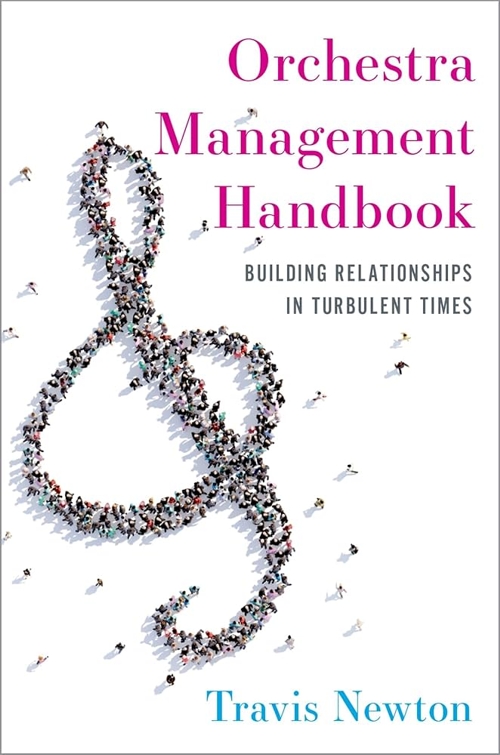
Music, Motor Control and the Brain
Altenmüller, Eckart
;Kesselring, Jurg
;Wiesendanger, Mario
Oxford University Press. 2006Ficha técnica
- EAN: 9780199298723
- ISBN: 978-0-19-929872-3
- Editorial: Oxford University Press
- Fecha de edición: 2006
- Encuadernación: Rústica
- Dimensiones: 17,1x24,6
- Idioma: Inglés
- Nº páginas: XI+344
Impresión bajo demanda
Disponibilidad sujeta a la información del editor¡GASTOS DE ENVÍO GRATIS!
PVP. 169,20€
Añadir a la Lista de deseos
-The first book to explore the neural bases of musicians' motor actions, examining these functions across a range of instrumental types and performance situations
-Presents state of the art research showing how long term involvement in music can affect the brain
-Explores the motor problems that frequently occur in later life amongst professional musicians, and possible therapies
The motor actions that can be witnessed as a virtuoso musician performs can be so fast, so accomplished, so precise, as to seem somehow superhuman. The musician has to produce the movements, monitor those they have already made and the subsequent result, co-ordinate their hands, fingers, eyes, and perhaps throat and diaphragm. These achievements are of course the product of hundreds, even thousands of hours of practice - playing scales, studies, time and time again. But those hours of practice by no means guarantee that great musicianship will result. This technical prowess has to be combined with a range of other, perhaps, less tangible qualities.
This book explores the secrets of musical virtuosity. It presents a comprehensive account of music and motor cognition, examining the neural basis of music making - our understanding of which is just starting to be enhanced by brain imaging. It considers the effect on our brains of prolonged music making. It explores the motor processes across a range of instruments (vocal, string, wind, percussion) and within different performance situations. It also considers what happens when things start to go wrong - why motor problems occur in so many professional musicians in later life, and the possible therapies for such problems.
Music is a topic of considerable interest within the brain sciences. With contributions from leading psychologists, neuroscientists, and neurologists, this book makes a unique contribution to our understanding of music and the brain.
CONTENIDO:
Part 1. History
1. Historical increases in expert music performance skills optimizing instruments, playing techniques, and training (Andreas C. Lehmann)
Part 2. Psychology
2. From cognition to action (Lutz Jäncke)
3. The nature of memory for music performance skills (Caroline Palmer)
4. Musical synchronization (Bruno H. Repp)
Part 3. Movement analysis
5. Hand movements and musical performance (Thomas E. Jerde, Marco Santello, Martha Flanders, John F. Soechting)
6. Movement analysis in pianists (Hans-Christian Jabusch)
7. Fingering and bowing in violinists: a motor control approach (Mario Wiesendanger, Andreas Baader, Oleg Kazennikov)
8. Movements and analysis of drumming (Sofia Dahl)
Part 4. Representation in the brain
9. Brain structures of musicians: executive functions and morphological implications (Gottfried Schlaug)
10. The motor representation in pianists and string players (Lutz Jäncke)
11. Brain activation during piano playing (Marc Bangert)
12. Brain activation during string playing (Arto Nirkko, Rumyana Kristeva)
13. "Singing in the (b)rain": cerebral correlates of vocal music performance in humans (H. Ackermann, D. Wildgruber, A. Riecker)
14. Sensory-motor networks in singing and speaking: a comparative approach (Reyna Leigh Gordon, Amélie Racette, Daniele Schön)
15. The role of inhibition in the motor control of finger function (Christian Gerloff, Friedhelm Hummel)
Part 5. Apollo's curse: loss of motor control in musicians
16. The end of the song? Robert Schumann's focal dystonia (Eckart Altenmüller)
17. Epidemiology, phenomenology and therapy of musician's cramp (Hans-Christian Jabusch and Eckart Altenmüller)
18. The neurophisiology of focal hand dystonia in musicians (Karin Rosenkranz)
19. The development of focal dystonia in musicians as a consequence of maladaptative plasticity: implications for intervention (Nancy N. Byl, Alberto Priori)
20. Music performance anxiety (Jürg Kesselring)





